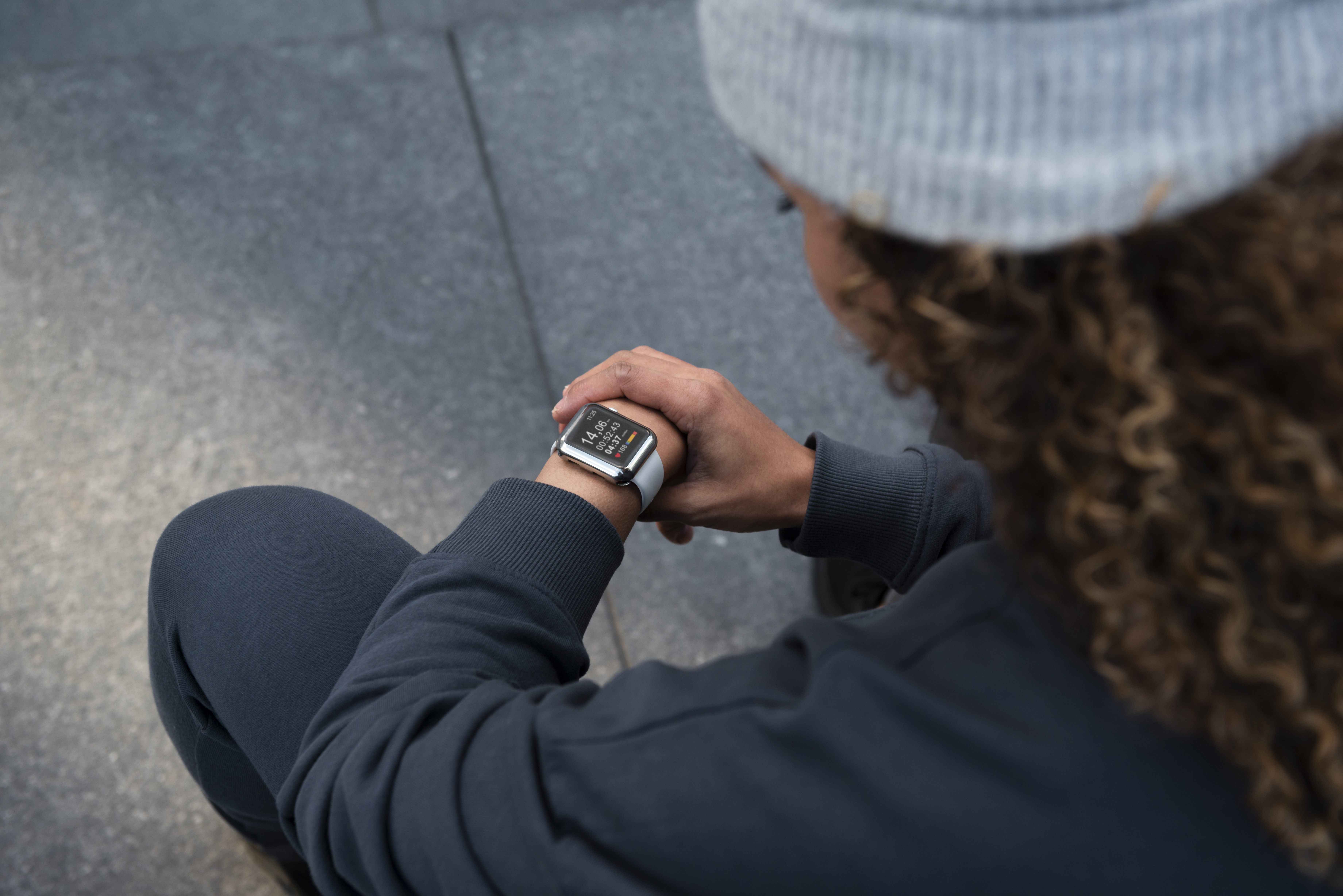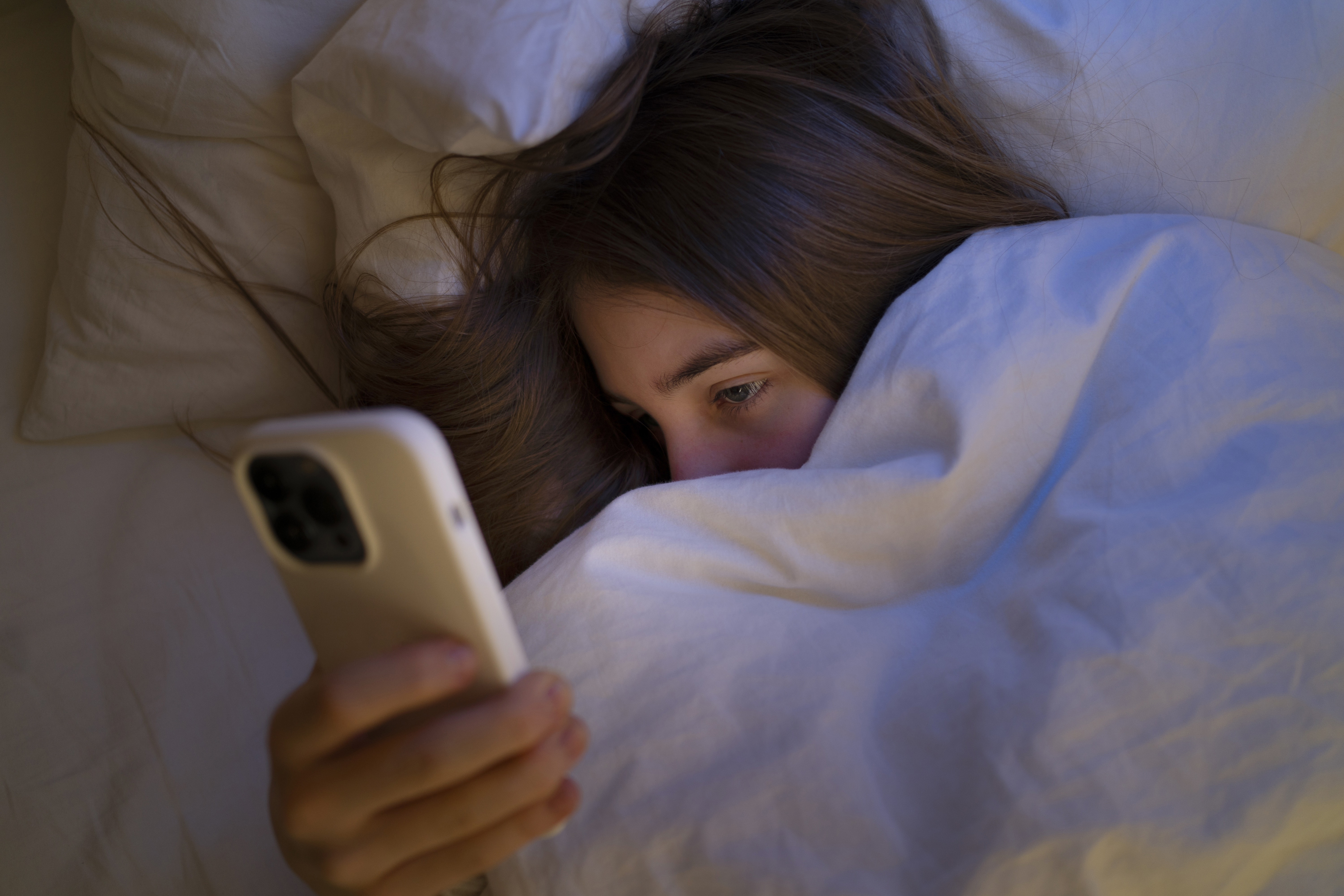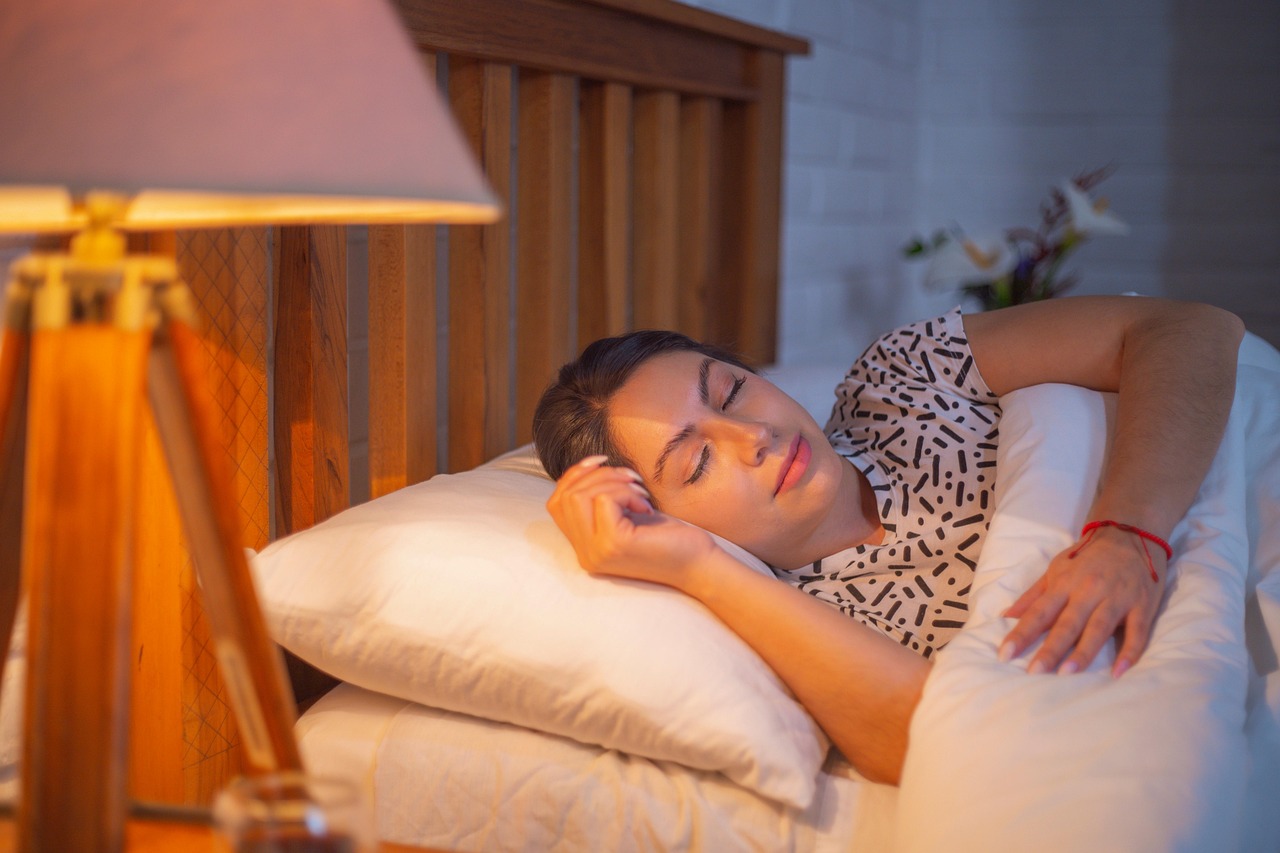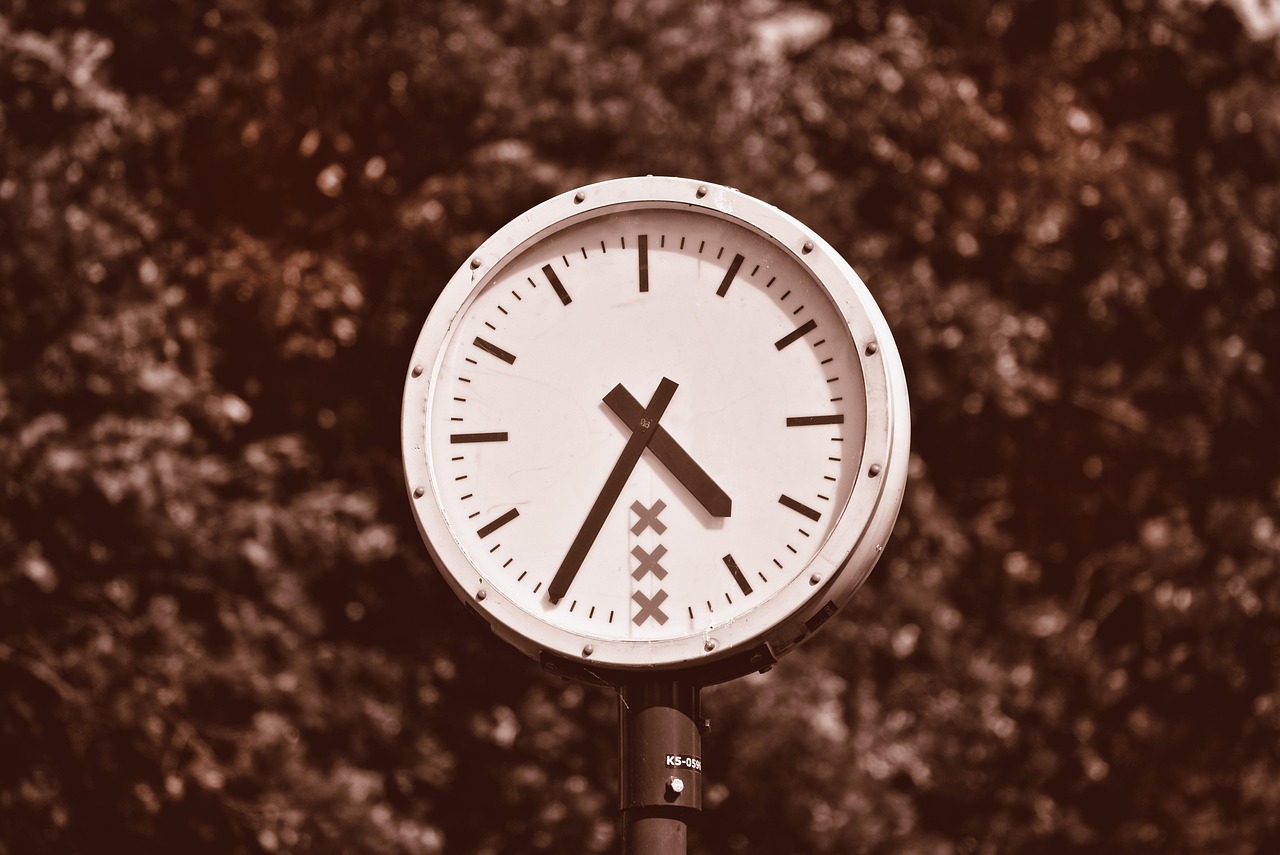The fast pace of modern life makes it increasingly difficult for people to achieve quality nighttime rest. The combination of stress and work and continuous digital stimulation in modern lifestyles creates obstacles for effective rest. The arrival of technology has brought wearables and sleep apps which provide tools that help people enhance their sleep quality.
The article examines how wearable technology and sleep applications change our sleep practices by delivering tested methods to achieve better rest.
The Importance of Sleep: Why We Should Care
Before starting our discussion about technology we need to understand why sleep holds importance for our health. The National Sleep Foundation explains that sleep essential for maintaining physical health while improving mental clarity and emotional regulation. The lack of sufficient sleep results in multiple health problems that damage immunity and cause memory loss and elevate stress levels and increase the chances of developing heart disease and diabetes and obesity.
The National Sleep Foundation defines the nightly sleep recommendation at 7-9 hours yet research shows that more than 35% of American adults fail to meet this standard (Source). The combination of work-related stress and pre-sleep screen use along with anxiety issues disrupts normal sleep routines. The solution comes from technology.
Poor sleep contributes to burnout, you can read more about burnout here.
The Role of Wearable Technology in Sleep Monitoring
Wearable devices have become very popular because they can track different health metrics including sleep patterns. These gadgets, including fitness trackers and smartwatches, give you a detailed analysis of your sleep stages to help you understand your sleep behavior and identify areas for improvement.

How Wearables Track Sleep:
The majority of contemporary wearables such as Fitbit, Garmin and Apple devices include sleep-tracking features which track various sleep stages including:
- Light Sleep: The stage of sleep where your body starts to relax, and your mind prepares for deeper rest.
- Deep Sleep: This is the slow-wave sleep phase where the body repairs and grows itself.
- REM Sleep: The stage where dreams occur, and cognitive functions like memory consolidation and learning are enhanced.
Wearables enable users to monitor their sleep stages which helps evaluate sleep quality beyond the measurement of sleep time. Short deep sleep periods during your sleep indicate that you need to modify your bedtime procedures and sleeping conditions. The occurrence of nighttime wake-ups multiple times points to disturbances which require attention.
Leading Wearable Devices for Sleep Improvement:
- The Fitbit Charge 5 monitors sleep stages and generates a “Sleep Score” which evaluates sleep quality through measurements of sleep duration and depth and disturbances. The Fitbit app generates individualized sleep improvement suggestions based on your sleep data.
- The Oura Ring delivers precise tracking of sleep stages together with heart rate variability and body temperature and movement data. The device provides comprehensive information about how your sleep patterns change when you engage in physical activity and experience stress.
- The Apple Watch includes a Sleep app as part of watchOS 7 that enables users to monitor their sleep schedule and track sleep trends and set sleep goals. The watch includes Wind Down mode as one of its features which assists users in preparing for better sleep.
Benefits of Using Wearables for Sleep Tracking:
- Accurate Sleep Data: Wearables provide precise data on sleep stages, enabling better understanding of sleep behavior.
- The information gathered by wearables leads to personalized recommendations which may suggest modifications to sleep routines and sleeping conditions.
- Motivation: Users can monitor their sleep patterns through wearables which leads to improved sleep consistency and motivates them to develop better sleep habits.
Sleep Apps: Helping You Improve Sleep Quality
Sleep apps have emerged as essential tools for sleep management in addition to wearable devices. The apps utilize technology to develop customized sleep plans and offer calming sounds while tracking environmental factors that could interrupt your rest.
Key Features of Sleep Apps:
- Sleep Tracking: Many sleep apps track sleep duration, quality, and stages using your smartphone or through integration with wearables, just like wearables.
- Relaxation Techniques: Some apps incorporate guided meditations, deep breathing exercises, or calming music to help users relax before bed.
- Sleep Environment Monitoring: Some sleep apps can also monitor your sleep environment by integrating with smart home devices like smart thermostats and white noise machines.
Leading Sleep Apps for Better Rest:
- Calm stands as a top-rated sleep application which provides sleep stories and calming sounds and guided meditation features. The application guides users toward relaxation through mindfulness techniques to achieve restful sleep.
- The app tracks your sleep patterns through advanced sound analysis to wake you at your light sleep stage for optimal rest. The sleep analysis tool of Sleep Cycle evaluates your sleep quality daily while offering specific recommendations to enhance your sleep.
- The sleep application Pzizz creates a combination of peaceful sounds and spoken voices to assist users in achieving fast sleep onset. The sleep technology known as “dynamic soundscapes” adjusts to your sleep patterns which benefits individuals who experience difficulty both falling asleep and staying asleep.
- The mindfulness-focused platform Headspace provides sleep meditations and breathing exercises and soundscapes which help users relax before bedtime. Users can find extensive content on the platform which helps them manage insomnia and sleep anxiety.

Benefits of Sleep Apps:
- Sleep applications primarily emphasize mindfulness practices which serve to lower anxiety while making the mind ready for rest.
- The apps track environmental conditions such as temperature and noise to assist users in building their perfect sleep environment.
- The ability of many apps to provide personalized sleep solutions according to individual preferences leads to better sleep quality.
Combining Wearables and Apps: The Ultimate Sleep Optimization Strategy
Using both wearables and sleep apps together provides the best results for sleep improvement through an integrated system. A wearable device that tracks your sleep stages together with relaxation app guidance before bedtime enables you to develop a total sleep solution that fulfills your entire sleep requirements.
After tracking your sleep quality with a wearable device for several nights you should use Calm as an app to relax before bedtime. Your wearable device tracks sleep quality changes after relaxation practice implementation so you can receive performance data for future adjustments.
Modern technology transforms our approach toward sleep. Wearable technology and sleep applications assist users in both achieving quicker sleep onset and enhancing their overall sleep quality. The right selection of devices and apps enables people to enhance their sleep quality regardless of their insomnia condition or jet lag status or basic sleep habit improvement needs.
Sleep tracking technology combined with relaxation techniques and environmental monitoring enables you to control your sleep patterns which leads to better health outcomes. Sleep technology continues to advance which creates an extremely promising outlook for future sleep optimization.


